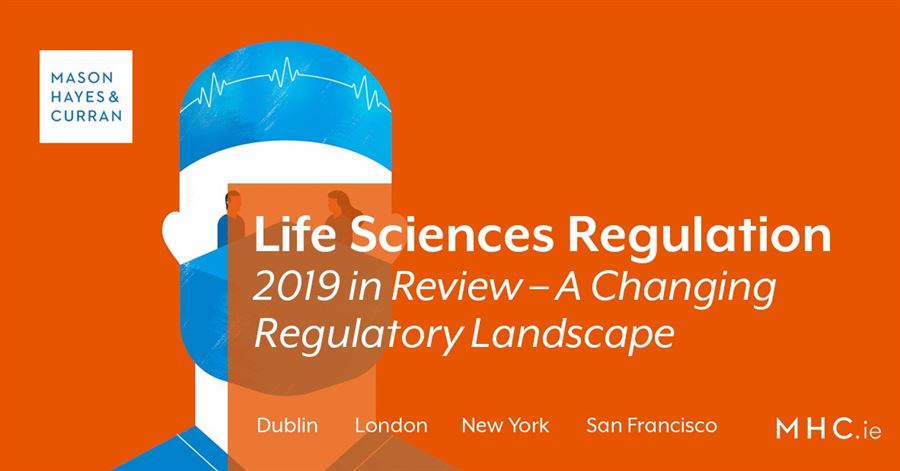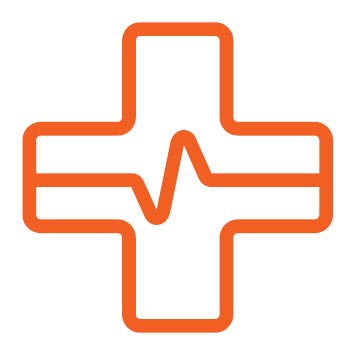
2019 has brought about a number of changes in life sciences regulation. We summarise some of the key regulatory updates in the sector.
Brexit – a bitter pill to swallow
Given that the pharmaceutical and medical devices industry is subject to more EU derived legislation than most other industries, the impact of a no-deal Brexit could be significant when the UK departs the EU. Companies may be affected in a broad range of areas from product development, to market approval, to the shipping of medicines and medical devices.
For example, in a no deal scenario, certificates, licences or authorisations issued by UK bodies may no longer be recognised within the EU once the UK departs. Companies distributing UK products on the EU market may also likely be considered “importers”, subject to different obligations than those applying to EU sourced products.
Given the potential operational and regulatory burdens arising from a possible no-deal Brexit, companies should put contingency plans in place to mitigate the potential impact.
Read more here.
Medicinal cannabis
The rules on the use of medicinal cannabis products in treating certain medical conditions have been amended significantly in Ireland in 2019 with the passing of the Misuse of Drugs (Prescription and Control of Cannabis for Medical Use) Regulations 2019 (the 2019 Regulations). As a result of these new rules, it is estimated that up to 50,000 Irish patients could be prescribed cannabis within the next four years.
The 2019 Regulations enable the importation, prescribing and supply of certain medicinal cannabis products or preparations, known as ‘specified controlled drugs’ in Ireland, that have been included on Schedule 1 of the 2019 Regulations, to those patients that meet certain medical criteria.
An application must be made to have a company’s product added to Schedule 1 of the 2019 Regulations. On 26 November 2019 the first two products were added to Schedule 1 –from Aurora Cannabis Enterprises Inc and MGC Pharmaceuticals. Once added to the schedule, an annual licence must be applied for and a controlled drug import licence will be required to accompany each import consignment. The Health Products Regulatory Authority may conduct an inspection to ensure that companies are complying with the requirements.
The 2019 Regulations will allow a medical consultant to issue prescriptions for cannabis products, without applying to the Minister for Health, once the patient’s name is entered onto the Cannabis for Medical Use Register.
Read more here.
Medical Devices Regulation
The rules governing medical devices in the EU will change in May 2020 with the Medical Devices Regulation (MDR) fully coming into force. Manufacturers will need to ensure regulatory compliance, and should be preparing now for the impact of the MDR on their business.
The new rules under the MDR will:
- Expand the definition of a medical device
- Create new rules for determining risk classification
- Restrict the ability of manufacturers to self-certify – this is likely where the impact will be the most acute due to the shortage of notified bodies and the backlog in terms of obtaining a conformity assessment
- Create additional obligations for app manufacturers to achieve conformity, including considerations of the mobile platform and requirements in respect of IT security measures
- Impose an obligation on manufacturers to ensure a unique identifier for all devices to enhance identification and traceability
Health & fitness apps vs software medical devices
App developers providing apps relating to fitness, wellbeing, health and medical treatment need to determine whether their app will be considered to be a software medical device, particularly as the MDR will expand the definition of medical device in 2020.
A software medical device is generally intended to be used for the purpose of diagnosis, prevention, monitoring, treatment or alleviation of disease, or prediction and prognosis once the MDR comes into force. Apps intended to simply monitor general fitness and well-being are generally not considered medical devices. When analysing whether the app falls within the definition of a medical device, the app’s functionality, the manufacturer’s intention and any claims about the health benefits of the app are all considered.
If an app is considered a software medical device, it will be subject to onerous obligations regarding safety, compliance and post market surveillance. The MDR brings in additional requirements, and creates new rules for determining risk classification.
Read more here.
Conclusion
The true impact of the changes brought about in 2019 will be seen in 2020. It remains to be seen whether a deal will be reached on Brexit and how that will impact the life sciences sector, the MDR will come into force, and we expect to see movement on the Irish market for medicinal cannabis.
We will keep abreast of all developments. If you wish to discuss how any regulatory changes impact your business, how to remain compliant with regulation or how to minimise disruption to your business in the event of a no-deal Brexit, our Life Sciences team can help.
The content of this article is provided for information purposes only and does not constitute legal or other advice.



